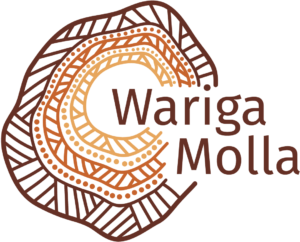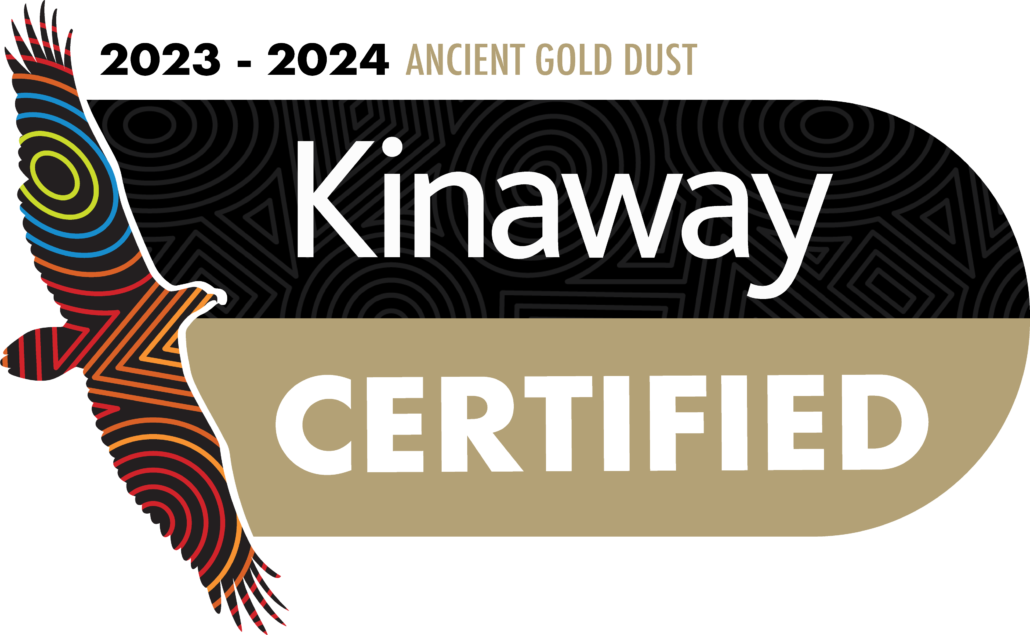Study Confidence

When you fully understand what it means to have confidence, you’ll be better able to cultivate those feelings within yourself.
Some of your studies should be more of a personal nature—looking within yourself. Then, you can reflect on others regarding their confidence levels.
Take a look at these questions to aid you in your study of confidence:
- What does having more confidence mean to you? Each person has their own idea of what it could be like to be confident. Consider what it would mean to you to feel more hopeful, enthusiastic, and positive about life.
- How will you change? Thinking about how you’ll change as you develop more confidence is integral to actually developing confidence. Cognitively, you’ll begin to entertain thoughts of specific ways you’ll show that you have your life under control.
- Perhaps you’ll be more outgoing in a room full of people.
- Maybe you’ll initiate conversations more often.
- Or you might play more tennis or excel over others at work.
- How will you feel as you develop more confidence? Maybe you’ll shake off those old feelings of not being good enough. You’ll likely feel happier. You’ll be more comfortable with yourself and your feelings. And you’ll feel more excited about the life you’ve created.
- When you gain confidence about who you are, your overall feelings will be more positive.
- How will your life be affected when you have more confidence? Call forth your visualizations about what your life will look like and you’ll come up with ways your existence will be enhanced by increased confidence.
- You’ll likely socialize more, have a more successful career, and earn more money upon developing confidence. You’ll spend time doing the things you truly want to do.
- In your estimation, who is the most confident person you know? Pick someone and identify them in your mind as Ms. or Mr. Confidence. How do they go about life? Having someone in mind as your role model for confidence will provide you with a real-life guide to use to cultivate your own confidence.
- Think about relatives, like grandparents, parents, aunts, uncles, or even an older sibling to use as your confidence role model. Maybe a teacher you admired or a supervisor or co-worker at work could serve as your ideal model for self-confidence.
- What can you learn from your observations of Ms. or Mr. Confidence? It’s not necessary for you to talk to your role model about their confidence level. However, if you’re comfortable with approaching them, feel free to ask them some questions.
- Your keen observations are often all that’s required to learn how to stoke your confidence. Notice Ms. or Mr. Confidence’s attitude, appearance, language, manners, and approach to life. What do you see? Begin to practice some of the things you’ve observed in your model.
- For example, if Ms. Confidence seems to always have a positive attitude, work on developing your own positive attitude. If she has a great sense of humor, think about ways you, too, can introduce humor into your social repertoire. If Ms. Confidence shows proper manners and is polite to others, follow her example.
- In essence, observe Ms. or Mr. Confidence carefully so you can adapt some of their habits. As you feel yourself changing, your confidence will flourish.
- Which reading materials about developing confidence will you read? A wealth of self-help information is available. Visit your local bookstore and browse the back of the books for lists of references to social and psychological studies regarding confidence.
- Those resources will likely have research-backed ideas for how you can successfully develop and build on your confidence. The more knowledge you attain, the more successful you’ll be.
- Which websites can you peruse for ideas? As you gain insight and information about confidence, your own confidence will be bolstered. Websites operated by the American Psychological Association and Psychology Today are informative places to start.
- Also, websites for professional journals provide a treasure trove of research results regarding personality characteristics like confidence.
Your personal and intellectual study of confidence will help you cultivate your own confidence. Reflecting on what having confidence means to you, how you would change, and how you would feel as a confident person are important.
Also, imagining how your life would be affected if you were confident helps you gain a better understanding of confidence and how to grow it.
Finding a confident role model will provide you with opportunities to observe, learn, and apply some of your role model’s ways of living.
Finally, expanding your knowledge base about confidence through reading self-help books and discovering helpful websites will also serve to bolster your confidence reserves.
“Self-confidence is not the same thing as ego. This is not to say that the two don’t (frequently) dance hand in hand down the street, pushing over old ladies in crosswalks and kicking baby kittens. But they are definitely not the same entity. Ego is thinking you have all the answers. Self-confidence is knowing you don’t have the answers, but being pretty sure that you will be able to find them.” ~Maggie Stiefvater


Leave a Reply
Want to join the discussion?Feel free to contribute!